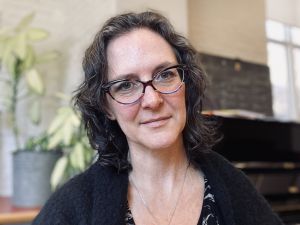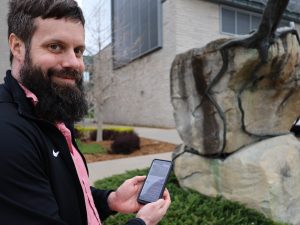Brad Millington, Associate Professor of Sport Management at Brock University; Lyndsay Hayhurst, Assistant Professor of Kinesiology and Health Science at York University; Brian Wilson, Professor of Kinesiology at University of British Columbia; Jeanette Steinmann, PhD student in Kinesiology at University of British Columbia; Jessica Nachman, master’s student in Kinesiology and Health Sciences at York University; and Mitchell McSweeney, Post-doctoral Fellow in Kinesiology at University of British Columbia, had a piece recently published in The Conversation about the positive and negative consequences that can occur due to increased bicycle usage around the world.
They write:
“World Bicycle Day is celebrated on June 3 in support of the idea that bicycles “contribute to cleaner air and less congestion and makes education, health care and other social services more accessible to the most vulnerable populations.”
The bicycle plays a massive role in physical activity. This was especially evident during the pandemic, as bicycle purchases skyrocketed. Amid lockdown measures, cycling remained a crucial alternative to public transportation, while offering the benefit of outdoor and socially distanced physical activity. But even before the pandemic started, people’s interest in bikes was growing.
Cycling could be the answer to more than just our physical activity and pandemic woes. It could offer public officials a way to address convergent crises in public health, transportation and climate. At the same time, increased bicycle use can generate new economic opportunities, like offering low-cost bicycles for sustainable transport and mechanical training to local communities to create jobs.
And as gas prices continue to rise due to the ongoing invasion of Ukraine, governments are urging citizens to consider the bicycle. What’s clear is that the bicycle’s capacity to respond to pressing social issues has inspired both intrigue and optimism, especially in the context of COVID-19.”
Continue reading the full article on The Conversation website.










